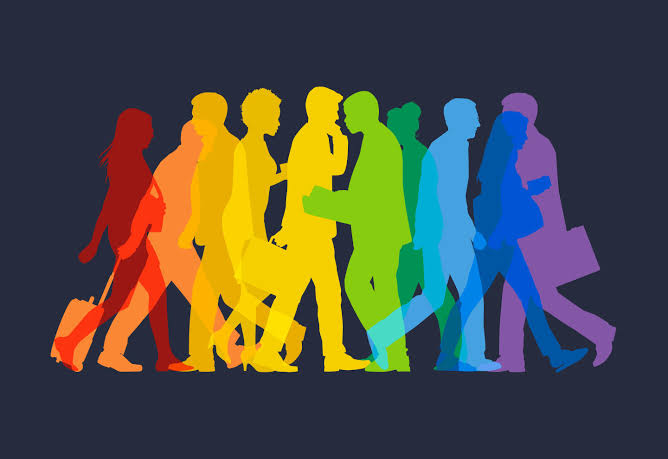
LGBTQ+ Rights and Activism: A Historical Perspective and Future Outlook
By Adedayo Ebenezer Oyetoke Published on: May 17th 2023 | 3 mins, 535 words Views: 513
The struggle for LGBTQ+ rights has been a long and arduous journey, marked by both triumphs and setbacks. From the early days of the gay rights movement to the present day, activists have fought tirelessly for equality, acceptance, and justice. In this blog post, we will take a look at the history of LGBTQ+ rights and activism, and explore the future outlook for the movement.
A Historical Perspective: The Early Days of LGBTQ+ Activism
The modern LGBTQ+ rights movement can trace its roots back to the early 20th century, when activists like Magnus Hirschfeld and Henry Gerber began advocating for the rights of sexual minorities. However, it wasn't until the 1950s and 1960s that the movement began to gain momentum, with organizations like the Mattachine Society and the Daughters of Bilitis forming to challenge societal norms and fight for LGBTQ+ rights.
The Stonewall Riots of 1969 marked a turning point in the movement, as LGBTQ+ individuals in New York City fought back against police harassment and discrimination. This event galvanized the community and led to the formation of numerous LGBTQ+ rights organizations, including the Gay Liberation Front and the Gay Activists Alliance.
Progress and Setbacks: The 1970s to the 1990s
The 1970s and 1980s saw significant progress in the fight for LGBTQ+ rights, with the decriminalization of homosexuality in many countries and the establishment of organizations like the Human Rights Campaign and the National Gay and Lesbian Task Force. However, the AIDS epidemic of the 1980s and 1990s had a devastating impact on the LGBTQ+ community, leading to widespread discrimination and stigmatization.
The 1990s also saw a backlash against LGBTQ+ rights, with the passage of laws like Don't Ask, Don't Tell and the Defense of Marriage Act in the United States. These laws restricted the rights of LGBTQ+ individuals in the military and denied same-sex couples the right to marry.
Recent Advancements in LGBTQ+ Rights
Despite these setbacks, the LGBTQ+ rights movement has continued to make progress in recent years. In 2015, the United States Supreme Court legalized same-sex marriage nationwide, and many other countries have followed suit. LGBTQ+ individuals have also gained greater visibility and representation in politics, media, and popular culture.
However, challenges still remain. Discrimination and violence against LGBTQ+ individuals continue to be major issues, particularly for transgender and gender non-conforming individuals. Many countries still criminalize homosexuality, and conversion therapy - a harmful and discredited practice - is still legal in some places.
The Future Outlook for LGBTQ+ Rights and Activism
Looking to the future, the fight for LGBTQ+ rights and activism is far from over. The movement must continue to push for greater acceptance, equality, and justice for all LGBTQ+ individuals, particularly those who are most marginalized and vulnerable. This includes advocating for policies that protect LGBTQ+ individuals from discrimination and violence, promoting education and awareness about LGBTQ+ issues, and supporting LGBTQ+ individuals and organizations around the world.
In conclusion, the history of LGBTQ+ rights and activism is a story of both triumphs and setbacks. While significant progress has been made in recent years, challenges still remain, and the fight for equality and justice must continue. By working together and advocating for change, we can create a world where all LGBTQ+ individuals are accepted, valued, and celebrated.